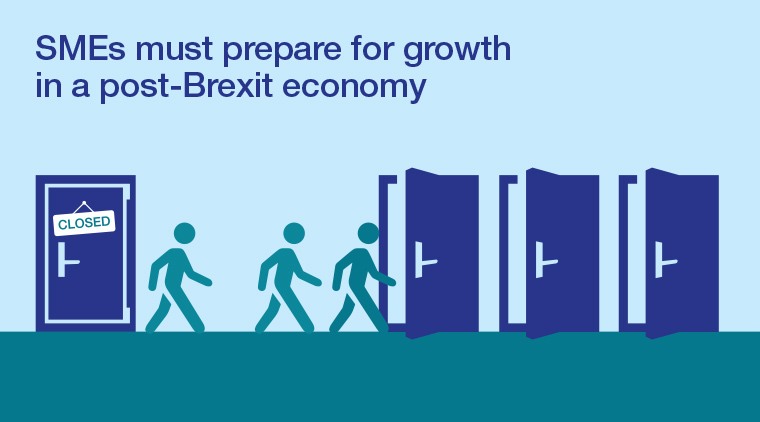
Thousands of small and medium-sized enterprises set to pay lower business rates from next April – or no rates at all – don’t yet realise they’re in line for a windfall, new research from Close Brothers shows.
While business rate reforms exempting many SMEs from paying the tax were unveiled in this year’s budget, Close Brothers’ research suggests the message hasn’t got through to all those affected.
In March’s budget, George Osborne, the then Chancellor, announced that as many as 600,000 SMEs would benefit from more generous business rate allowances from April 2017. Mr Osborne unveiled a permanent rise in the threshold for small business tax relief from £6,000 to a maximum of £15,000 and increased higher tax relief from £18,000 to £51,000. Businesses qualifying for relief under the new thresholds will see their business rate bills substantially reduced, or wiped out altogether.
Under half of SMEs surveyed by Close Brothers (39%) – said they knew about the April 2017 shake-up; the rest didn’t know how business rates are changing.
David Thomson, of Close Brothers, warns some SMEs planning for the year ahead may be doing so without an accurate picture of their costs. “Business rates are one of the biggest fixed costs for many SMEs, so it’s really important firms understand what their forthcoming liabilities will be, as they set budgets and plan for growth,” David says. “Funding and cashflow issues have the potential to undermine the prospects of SMEs that don’t have all the facts they need to think ahead.
In fact, many SMEs stand to make substantial savings. Fewer than a quarter of the businesses in the Close Brothers Business Barometer (24%) are expecting not to make any saving at all from the reforms. Almost a third expect to save up to £2,000 a year, a further 19% are looking forward to a windfall worth up to £5,000, and one in 10 think their saving will be even bigger.
The reforms are good news for SMEs, with groups such as the Federation of Small Businesses and the British Chambers of Commerce continuing to campaign for changes to business rates amid concern that many firms are losing out to online rivals because of the tax. In the 2016-17 tax year alone, the Government is expecting businesses to collectively pay £400m more than last year.
The high cost of business rates has also been blamed by many firms suffering cashflow problems as they grow and expand. By contrast, online businesses that do not operate from retail premises, or occupy very little office space, are effectively exempt from the tax.
Ivor Jacobs, the founder of Print Evolved, says SMEs need to consider all their options as they think about how to put the right funding in place for cashflow and growth, whether they’re feeling the pinch because of business rates or another issue. His firm has been using an invoice discounting solution provided by Close Brothers for some years now.
“We wanted to expand the company and the invoice discounting option was the most flexible option for us at the time,” Mr Jacobs recalls. “It proved to be the right decision – here we are four or five years later in a much better financial position; it’s been a very easy option to use, with the cash available when we need it.”
Take a look at our latest infographic: SMEs must prepare for growth in a post-Brexit economy







